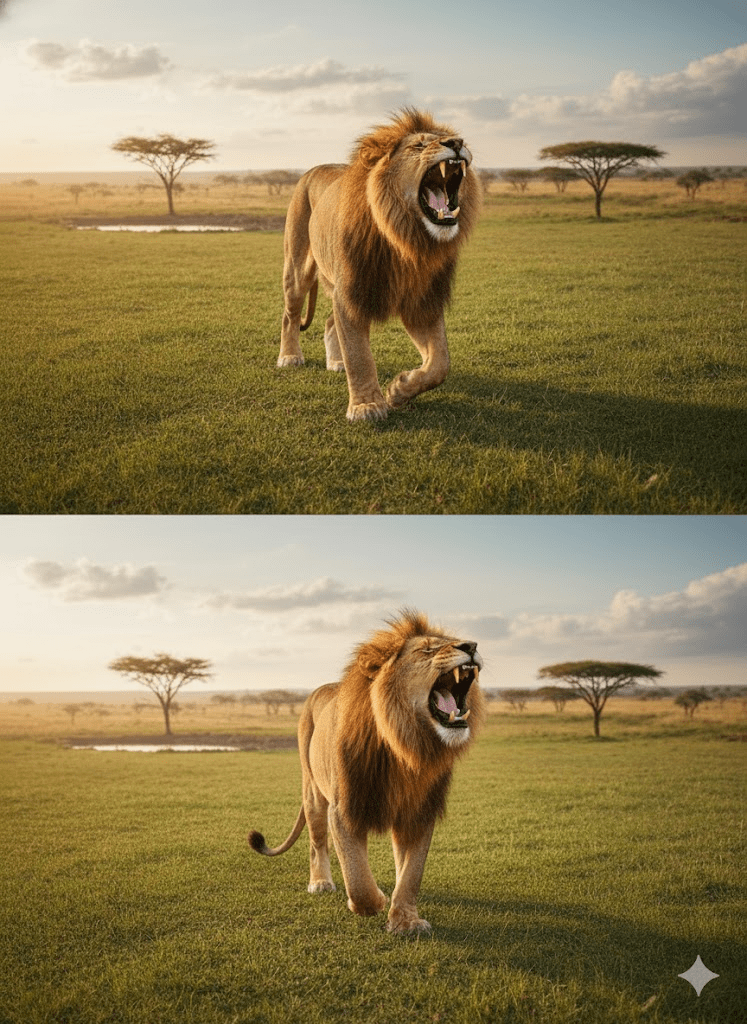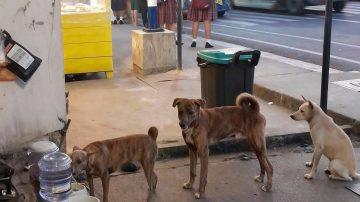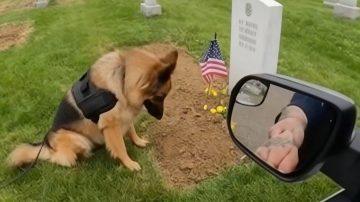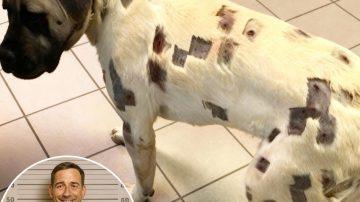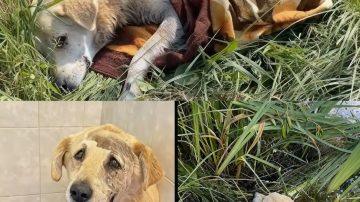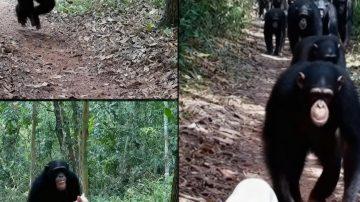The image of a lion, once a majestic symbol of the wild, reduced to a skeletal figure lying in a muddy, barren enclosure, is a haunting testament to neglect. This was Ruben, a lion who had spent the majority of his 15 years in a forgotten zoo in Armenia, left behind after its closure. For five long years, he existed in agonizing solitude, his once-powerful roar replaced by a profound silence, his spirit slowly eroding in a cage that offered no comfort, no companionship, and little hope. His emaciated frame and dull fur tell a story of profound suffering, a stark contrast to the vibrant, powerful predator he was meant to be. The world outside his rusted bars moved on, oblivious to the silent anguish of the king who had lost his kingdom.
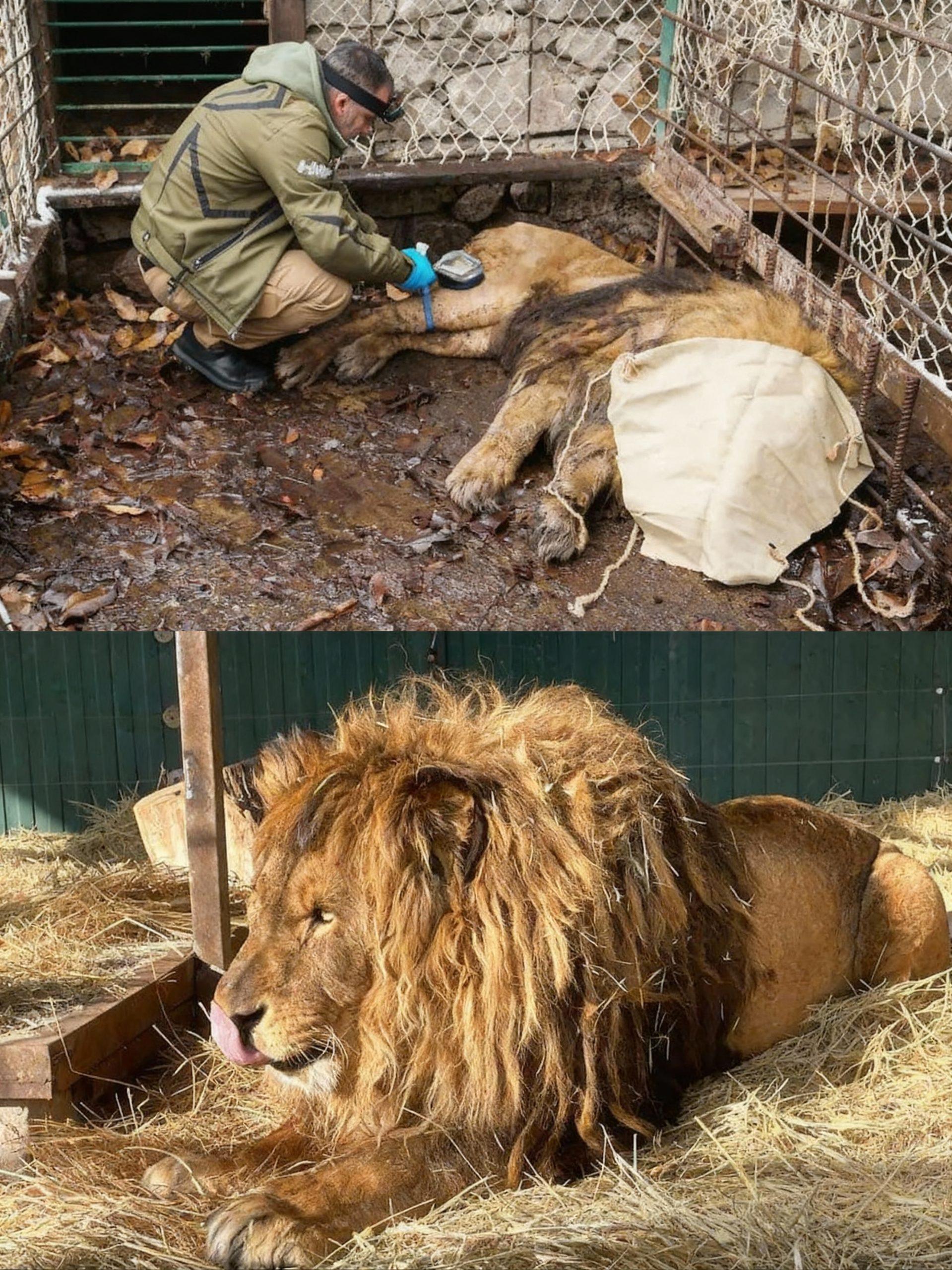
However, fate, in its unpredictable way, had a different plan for Ruben. His plight, discovered by a dedicated animal welfare organization, sparked a global rescue effort. The challenge was immense: not only was Ruben in dire physical shape, but his prolonged isolation had also left deep psychological scars. Transporting a weakened, elderly lion across continents was a logistical nightmare, requiring expert veterinary care, specialized equipment, and significant financial resources. It was a race against time, with every day spent in his dilapidated cage diminishing his chances of recovery.

One crucial twist emerged when initial attempts to move Ruben proved too risky due to his frail condition. Veterinarians discovered that his muscles had atrophied so severely he struggled to stand, let alone walk into a transport crate. The team had to improvise, designing a custom-built stretcher and gently sedating him for a delicate transfer. This unexpected hurdle forced a delay in his journey, creating anxious moments for his rescuers who feared his weakened heart might not withstand the stress.
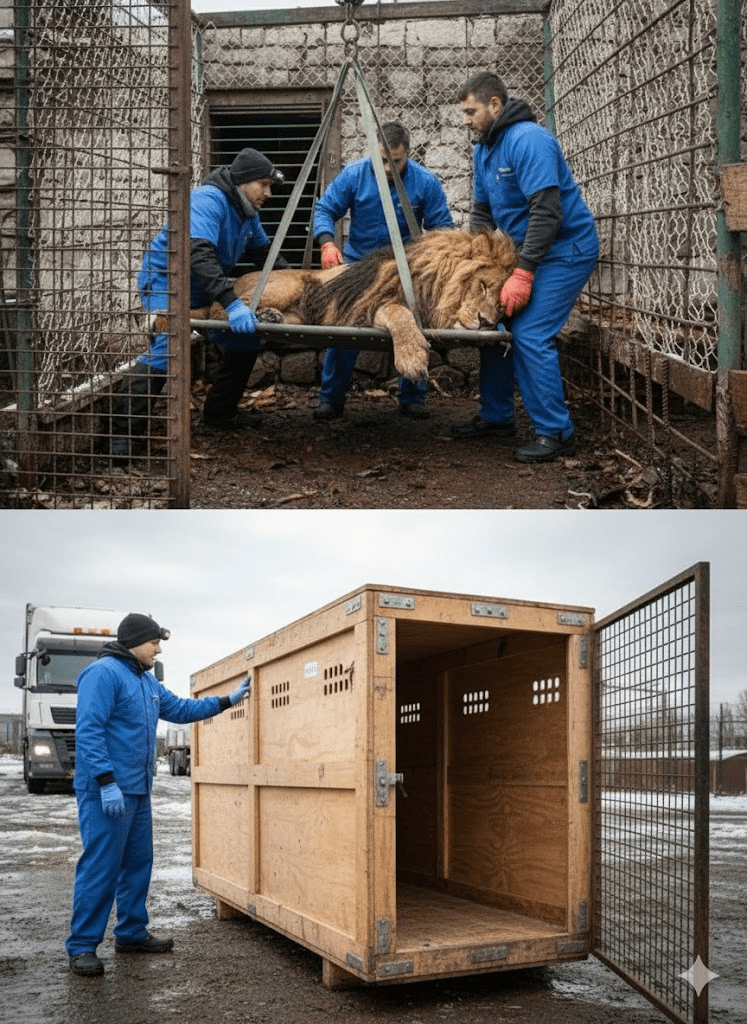
Upon arrival at his new home, a dedicated sanctuary in South Africa, Ruben faced a new battle: rehabilitation. The vast, open spaces were a stark contrast to his tiny cage, but they also presented a challenge to a lion who had forgotten how to be wild. He was initially timid, unsure of soft grass beneath his paws and hesitant to explore. His diet had to be carefully managed, his weakened body slowly reintroduced to proper nutrition. It was a slow, arduous process, demanding immense patience and expertise from his caregivers.
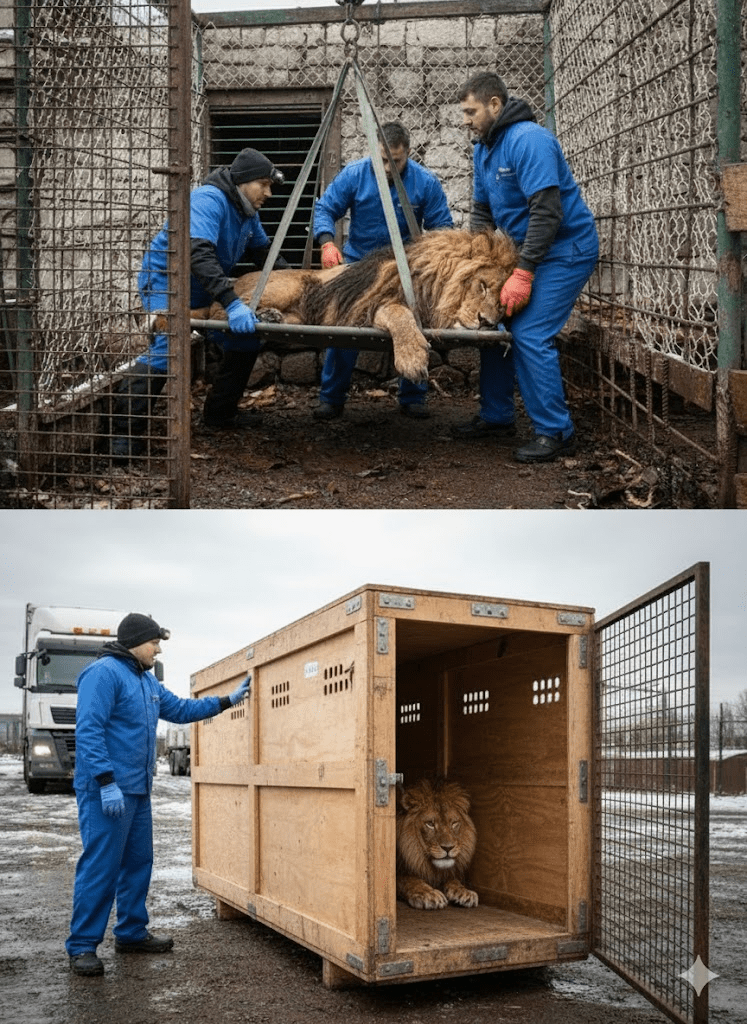
Finally, after weeks of cautious progress, a truly unexpected moment occurred. One crisp morning, as the sun rose over the South African plains, a distant roar echoed across the sanctuary – the call of another lion. For a moment, Ruben froze, a flicker of something ancient stirring within him. Then, a sound, rough and uncertain at first, rumbled deep in his chest. It grew, gaining strength and volume, until it erupted into a magnificent, thunderous roar that resonated through the valley. It was the sound of a king reclaiming his throne, a forgotten voice found, and the ultimate triumph of hope over despair.
